Throughout the Future Melbourne project they will share their information, research and opinions to help inform and inspire ideas and conversation.
Carlton Connect Initiative
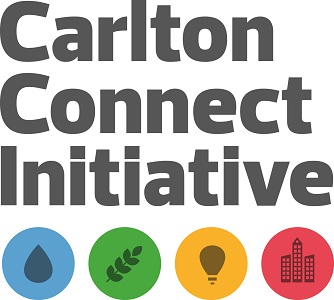 The Carlton Connect Initiative (CCI) is creating Australia's premier innovation precinct anchored by the University of Melbourne. As an open platform, CCI unites talented people who extend and deepen the application of knowledge throughout the Australian economy.
The Carlton Connect Initiative (CCI) is creating Australia's premier innovation precinct anchored by the University of Melbourne. As an open platform, CCI unites talented people who extend and deepen the application of knowledge throughout the Australian economy.
CCI is committed to the proactive development of a world-class innovation precinct with two key characteristics – a vibrant central place and a bias for collaborative impact. This confluence will turn the talent and energy of people from academia, business and all levels of government into outcomes that will improve people's lives and create new careers.
CRC for Water Sensitive Cities
 The Cooperative Research Centre for Water Sensitive Cities (CRCWSC) is an Australian Government initiative established to develop strategies and solutions to some of the complex challenges many cities are facing associated with population growth, rapid expansion, climatic extremes of floods, drought and heat, and degrading environmental quality.
The Cooperative Research Centre for Water Sensitive Cities (CRCWSC) is an Australian Government initiative established to develop strategies and solutions to some of the complex challenges many cities are facing associated with population growth, rapid expansion, climatic extremes of floods, drought and heat, and degrading environmental quality.
The CRCWSC is responding to these issues by taking a contemporary and integrated approach in research and research-to-practice partnerships across more than 20 disciplines collaborating and engaging with industry leaders from all levels of government, water utilities, the land development sector and private enterprises.
Melbourne Sustainable Society Institute
 The Melbourne Sustainable Society Institute (MSSI) aims to facilitate and enable research linkages, projects and conversations leading to increased understanding of sustainability and resilience trends, challenges and solutions. The MSSI approach includes a particular emphasis on the contribution of the social sciences and humanities to understanding and addressing sustainability and resilience challenges.
The Melbourne Sustainable Society Institute (MSSI) aims to facilitate and enable research linkages, projects and conversations leading to increased understanding of sustainability and resilience trends, challenges and solutions. The MSSI approach includes a particular emphasis on the contribution of the social sciences and humanities to understanding and addressing sustainability and resilience challenges.
Focus
While MSSI maintains a strong commitment to working with researchers across the full spectrum of sustainability-related research disciplines and issues, the Institute work program over the next two years will be focused on the following research clusters:
- future cities
- climate transformations
- sustainability in the anthropocene.
RMIT Centre for Urban Research
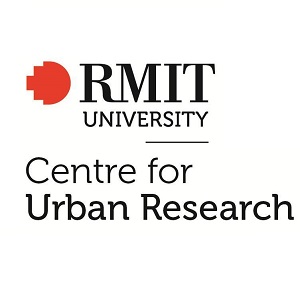 The RMIT University Centre for Urban Research is directly responding to the globally important need to shape cities that are environmentally, socially and economically sustainable.
The RMIT University Centre for Urban Research is directly responding to the globally important need to shape cities that are environmentally, socially and economically sustainable.
We are strongly committed to inter-disciplinary research, with staff expertise in urban planning, geography, economics, environmental sciences, history and sociology.
The Centre has emerged as a leading urban research hub in Australia, hosting more than 40 staff, 40 members and 33 PhD students.
Swinburne University
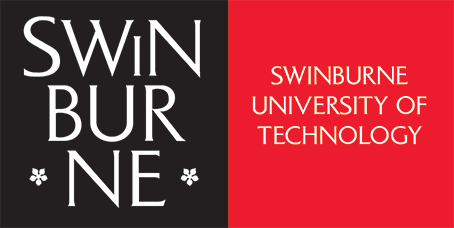 Swinburne University has an international reputation for quality research that connects science and technology with business and the community. Our commitment to high-quality teaching and research is reflected in our rankings in a number of prestigious world academic ranking lists.
Swinburne University has an international reputation for quality research that connects science and technology with business and the community. Our commitment to high-quality teaching and research is reflected in our rankings in a number of prestigious world academic ranking lists.
We also rate highly for educational experience in The Good Universities Guide, Australia's only comprehensive degree and university ratings guide.
The Conversation
 The Conversation is delighted to partner with the City of Melbourne for the development of the Future Melbourne 2026 Plan.
The Conversation is delighted to partner with the City of Melbourne for the development of the Future Melbourne 2026 Plan.
The Conversation was launched in Melbourne March 2011 and since then we have expanded to Africa, France, the UK and the United States to create a global news network. Our mandate is to provide an independent source of news and views, sourced from the academic and research community, direct to the public on a not-for-profit basis.
Each week we will curate our top five articles on a range of topics from our previous publications that are relevant to the conversations occurring on this website. We hope these articles will get you thinking about the future, inform your discussions and most of all we hope they will inspire your big ideas for the future of our great city.
The University of Melbourne
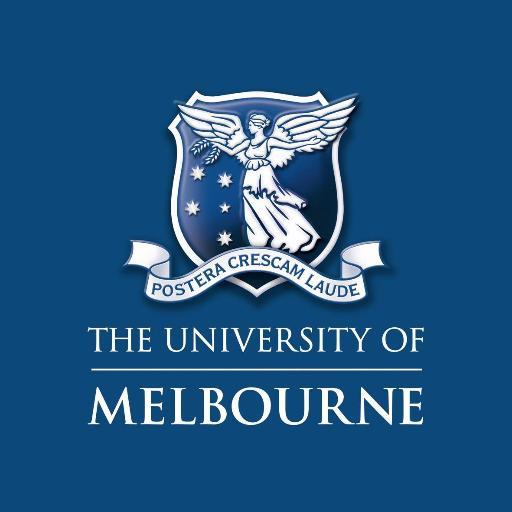 The University of Melbourne enjoys an outstanding reputation with world rankings consistently placing us as Australia's leading comprehensive research-intensive university and one of the world's top 50.
The University of Melbourne enjoys an outstanding reputation with world rankings consistently placing us as Australia's leading comprehensive research-intensive university and one of the world's top 50.
Melbourne attracts the best and brightest students and researchers and, with a history of over 160 years, we occupy a special place at the heart of our city's cultural scene.
Victorian Eco innovation Lab
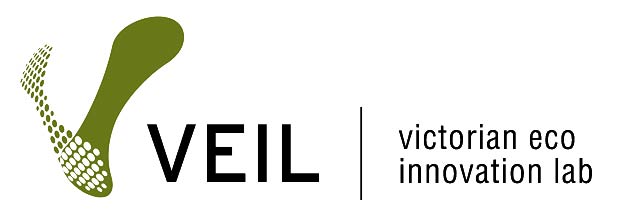 The Victorian Eco innovation Lab (VEIL) seeks to identify and promote emerging technological, social, organisational and institutional innovations that could form part of future sustainable systems. VEIL works with stakeholders using participatory and design-led methodologies to provide a radical alternative set of possibilities – future visions - that extend beyond incremental change.
The Victorian Eco innovation Lab (VEIL) seeks to identify and promote emerging technological, social, organisational and institutional innovations that could form part of future sustainable systems. VEIL works with stakeholders using participatory and design-led methodologies to provide a radical alternative set of possibilities – future visions - that extend beyond incremental change.
These future visions are used to 'seed' vision-driven projects for short-term development and to identify emerging disruptive innovations that could be precursors of change. VEIL is lead by Chris Ryan who is the Professor of Urban Eco innovation at Melbourne School of Design, University of Melbourne. Professor Chris Ryan has worked for over 30 years across various areas of science, technology, environmental policy and design and in projects that span the community sector, academia, government and international agencies and business.
Victoria University
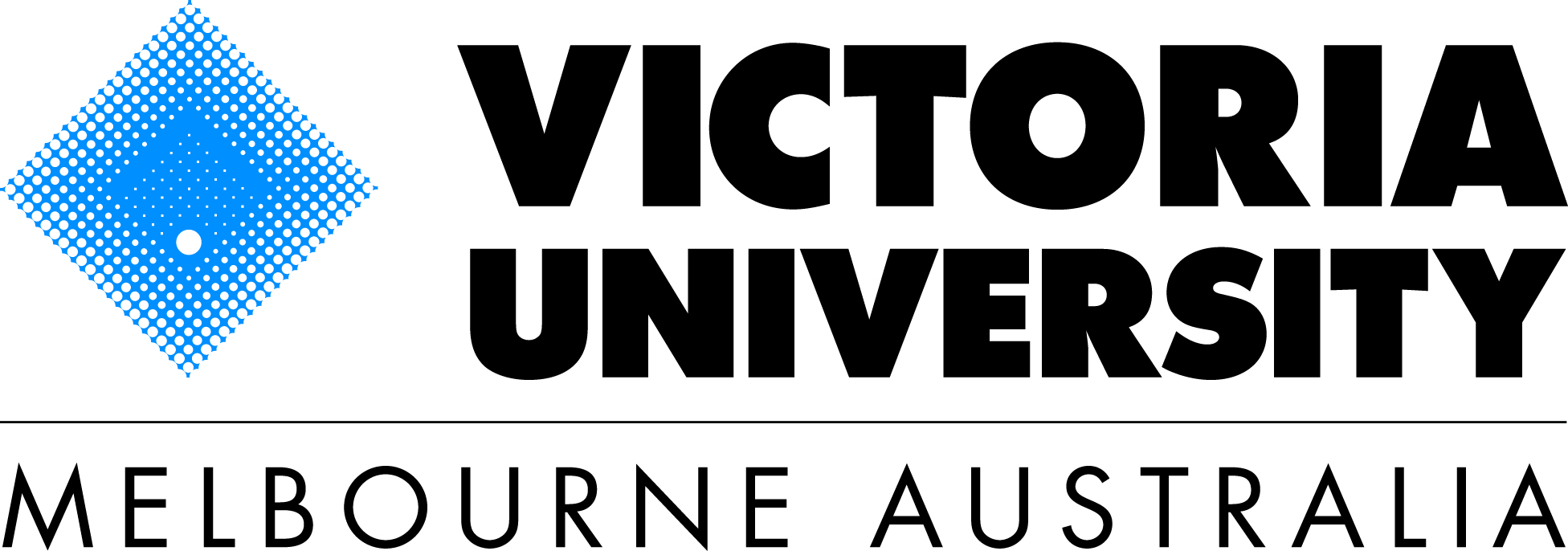 Victoria University (VU) was founded in 1916 as Footscray Technical School. After successive mergers with TAFE colleges across Melbourne's western suburbs, Victoria University of Technology was established in 1990 and renamed Victoria University in 2005.
Victoria University (VU) was founded in 1916 as Footscray Technical School. After successive mergers with TAFE colleges across Melbourne's western suburbs, Victoria University of Technology was established in 1990 and renamed Victoria University in 2005.
Today, VU is one of the largest and most culturally diverse education institutions in Australia and one of only five multi-sector universities offering vocational education (TAFE) and higher education courses.